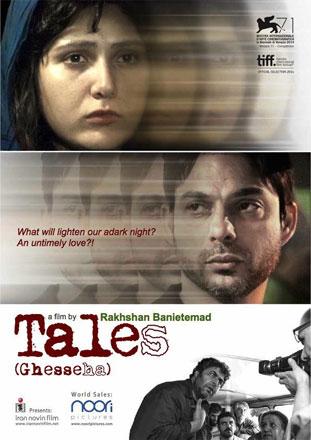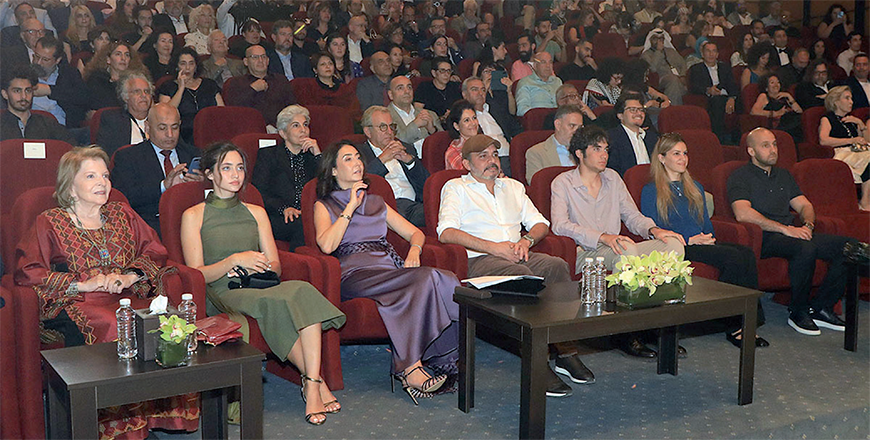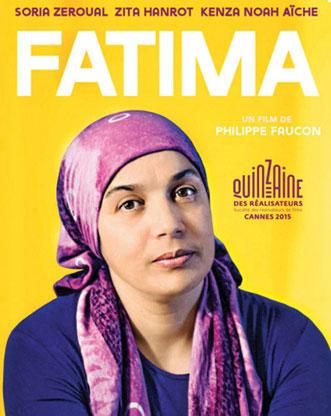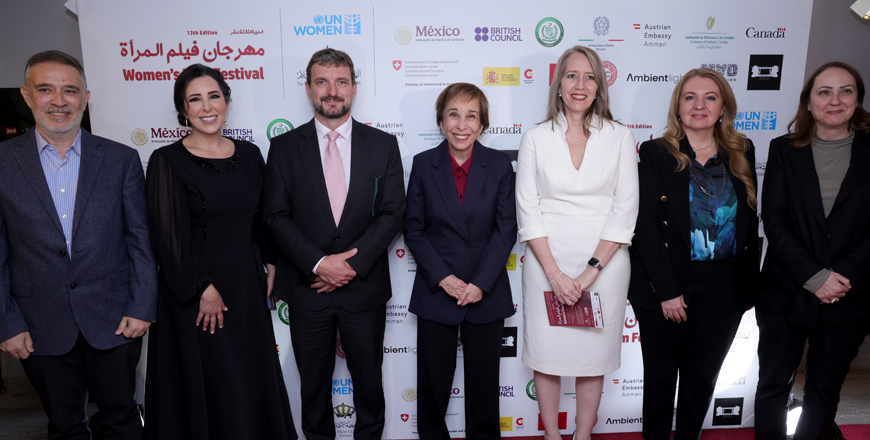You are here
'Iranian Film Days' realist dramas highlight country's social issues'
By Hind Joucka - Feb 16,2016 - Last updated at Feb 16,2016

AMMAN — The third edition of the Iranian Film Days, which opened on Monday and is organised by the Royal Film Commission (RFC), continues until Thursday at the Rainbow Theatre.
The festival kicked off with the film "Wednesday, May 9" by Iranian filmmaker Vahid Jalilvand, in which two women seeking help to mend their shattered lives respond to a newspaper advertisement by a philanthropic man planning to donate money to people in need.
The genre of the film, like most of the other films featured in the festival, is social drama that highlights social and economic issues facing the country, and depicts everyday situations in the lives of the working class and the poor.
Tuesday witnessed a screening of "Nahid" from director Ida Panahandeh, winner of the Promising Future Prize at Cannes International Film Festival, which follows a young divorcee hoping to remarry without losing her son under Iran's child custody laws, according to the organisers.
On Wednesday, the festival will show the film "Tales" by veteran filmmaker Rakhshan Banietemad, which ties together the stories of a number of characters dealing with economic problems, addiction or abuse. The film received the award for Best Screenplay at the Venice International Film Festival.
Thursday's film will be "For the Sake of Pooneh", in which a recovering drug addict begins to doubt his wife's fidelity after returning from rehab.
In a discussion that followed Monday's screening, film critic and professor Parviz Jahid said Iranian cinema usually focuses on social drama in order to highlight some of the most pressing problems in the country.
“Social realism is a major genre in Iranian cinema. Many Iranian filmmakers work with social drama and address social problems in society such as poverty, corruption, class division and prostitution,” he said.
“The realistic interpretation of the stories in this film in particular shows the audience how many people are suffering in Iran and how many people are in pain,” he added.
Jahid, who obtained his PhD on the "new wave" movement in Iranian cinema from the University of St Andrews in Scotland, pointed out some of the societal restrictions on the creative process of filmmaking in Iran, such as the prohibition of female characters removing their hijab in indoor scenes.
“This violates the realism of some of the scenes. Nevertheless it has become an issue that filmmakers have learned to deal with and can now cleverly work around," he said.
Shadi Al Nimri, project manager at the RFC, urges people to watch these screenings and see the professionalism of Iranian cinema.
“If you follow the cinema scene you will see that Iranian films are participating in all international film festivals. Iranian cinema is a professional industry and we aim to one day have an industry like that here in Jordan,” he said.
Screenings, which start at 7pm, are free.
Related Articles
AMMAN — On behalf of His Majesty King Abdullah, HRH Prince Ali bin Al Hussein, chairman of the Royal Film Commission of Jordan (RFC), on Wed
AMMAN – In its 22nd cycle, the Franco Arab Film Festival is featuring this year short movies highlighting stories and aspirations of Syrian
AMMAN — In the presence of HRH Princess Basma, UN Women Goodwill Ambassador, the 13th edition of Women’s Film Week opened on Thursday, celeb














